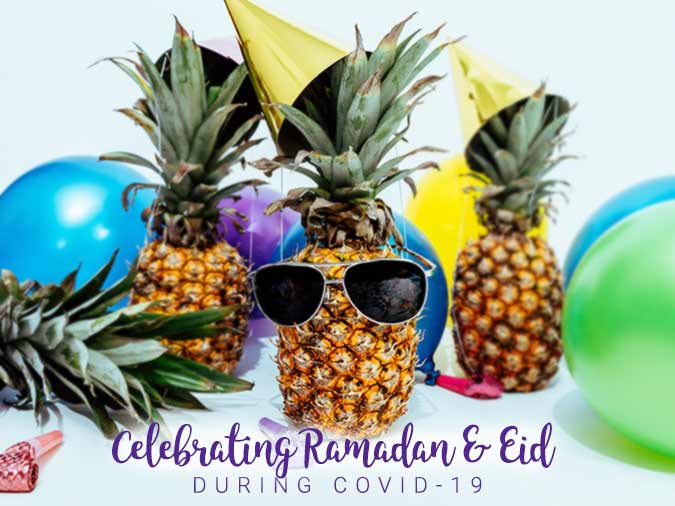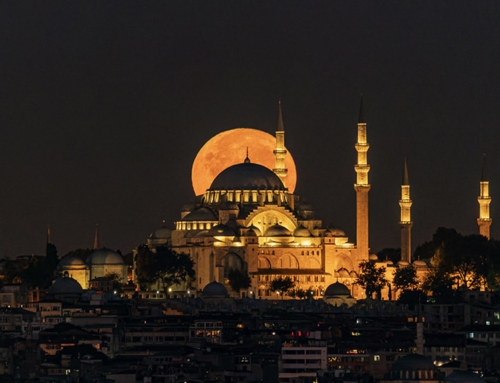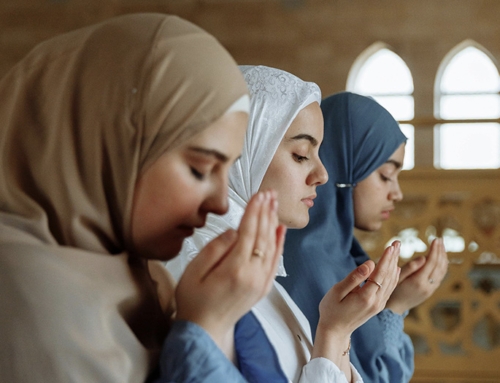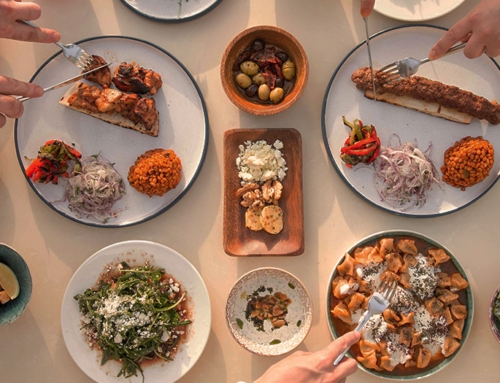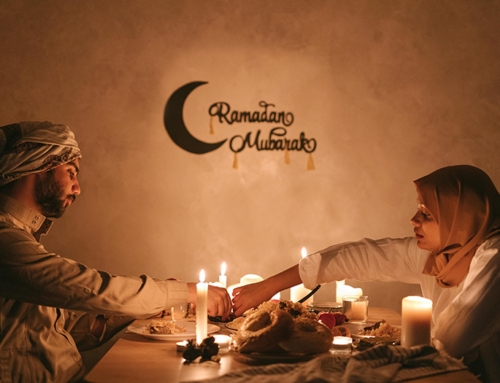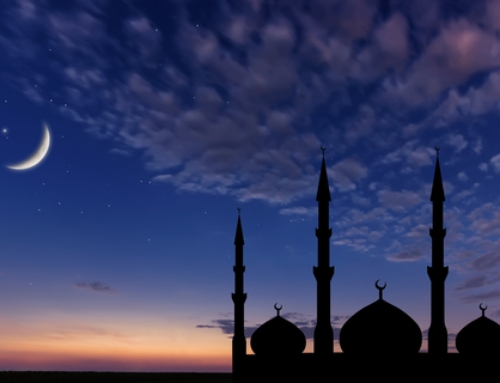By: Habeeba Husain
Navigating Life During the COVID-19 Pandemic
The coronavirus pandemic has certainly taken the world by storm. From disrupting the regular day-to-day of everyone to canceling the bigger events Spring 2020 promised for some, COVID-19 changed life as we know it. Over 1.5 million cases have been confirmed in the United States, resulting in about 90,000 deaths—and counting. Social distancing has been a huge defense for Americans in an effort to flatten the curve, though it must be noted, not all are following their state-mandated rules.
It hasn’t been easy to keep socially distant from loved ones during this time. For my family, it started with a canceled trip to visit my parents, and then a friend’s canceled wedding. From there, things escalated quickly. Doctors’ appointments were either postponed or turned virtual, some friends were furloughed, and others told to clock in from home. The Class of 2020 had a unique experience, with all the usual celebratory events for graduates canceled.
Adapting Religious Observances During The Pandemic
Easter, Passover, and Ramadan all fell during this pandemic. Religious services and sermons were made via Zoom calls or livestreams on YouTube and Facebook. Being physically socially distant allowed us to become virtually socially close. But the human engagement is surely missed.
For Muslims, the time of Ramadan has a large communal element to it. The time of breaking the fast is often done with family and friends. It is a happy time for the fasting person—a date never tasted so sweet as it does after a long day of fasting. But this year, our breaking of fast has been limited to those in our household. Many also usually visit the mosque nightly for Taraweeh prayers. Muslims stand shoulder to shoulder in rows during the prayer, transitioning positions in unison behind the imam from standing to bowing to prostrating to sitting. This is a clear violation of the social distancing rules, and thus, mosques are closed and empty at this time.
Adapting Ramadan And Eid Celebrations in The Pandemic: Embracing New Traditions
Regardless of closed mosques and isolated families, it is still Ramadan. The blessings promised by God are still surrounding us. Instead of gatherings in the mosque to break the fast, many are distributing meals or offering drive-through pickups outside the mosque building. Recitation of Quran is being broadcast online from many institutions, and important reflections are also shared by Muslim scholars. The month is still as special as it was before—it’s just different. As such, Eid, the celebration following the month of Ramadan, will still be Eid. It too, is just different this year.
Usually, there is a large gathering for the Eid prayer in the morning. But because large gatherings are not allowed at this time, Muslims will opt to pray at home. The rulings for this will be different according to how many people live in the home, as there is a minimum number of people required to hold an Eid prayer. Those with smaller families will not be able to pray in the same way.
Creative Celebrations: Adapting Eid Traditions Amidst Social Distancing
Many families visit one another to give Eid greetings and exchange gifts, but this too will be limited. Some Muslims are planning to have a big Zoom gathering to virtually wish their extended family and friends a happy Eid. Other young adults who have had the privilege of working from home are staggering outdoor visits to their parents’ home with their siblings, keeping the number of people in one place at one time low and the time spent minimal. Still, seeing a loved one’s face will make the day that much more special. Many Muslims are stepping up their decorating game to make the home extra festive during this time, especially those with new members of the family and young children in the house. Still others are dropping gifts off to their loved ones nearby and mailing out presents to those afar. Other communities are getting creative and decorating their cars and driving through their mosques and community centers to pick up sweets, goodie bags, and toys for children.
Food and clothing are other big parts of Eid. Fasting is not allowed on Eid day, and many Muslims cook their favorite foods to enjoy. That will still be happening for a lot of Muslims! The Prophet (peace be upon him) encouraged us to dress in our best clothing on Eid, so outfits are still being planned even though they might be a little bit more comfortable than previous years, given many will be at home all day.
Eid Mubarak: Celebrating The Spirit of Ramadan Amidst Challenges
My aunt said it best: Eid is a celebration for those who fast. You’re still fasting in Ramadan, so you should still celebrate your Eid! It’s a gift from God to those who were obedient to Him. To all my Muslim brothers and sisters, I know Ramadan may have been difficult for you this year. I pray God rewards you numerous-fold for any heartache or struggle you may have endured over the past few months. From me and mine to you and yours, Eid Mubarak!
Got Questions?
We have Answers. Get in touch now.


